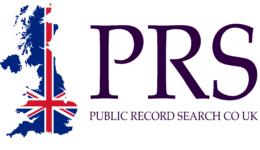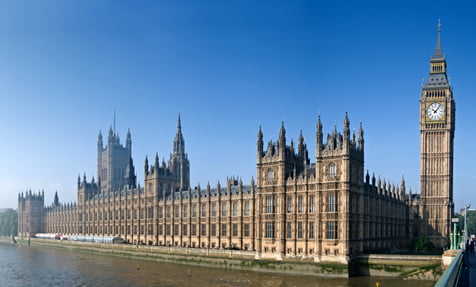Unlocking Your Family History Through UK Genealogical Websites
Uncover Your Genealogy Through Public Records
The first place you can look for your family’s genealogy is in UK public records. This is a good way to track your family lineage and since the UK government has extensive archives, you can often be successful. For instance, you can access marriage documents and even adoption documents so that you can find out about your past. In addition, there are many websites that are going to allow you to search through British records.
In order to do a search through public records, you are going to need some basic information. This includes some names, such as your surname, mother’s maiden name, and other birth dates you may have. This is going to discover family ancestors and reveal new information. Take your time and enjoy looking at everything from birth certificates to marriage records and note down where your family has come from. You may be surprised by the results!
Complete A DNA Test Using UK Genealogical Websites

One way to find out more about your family history is through a DNA test. You can find out a range of interesting details, including your ethnicity and if you have a clan stretching back over centuries. You can even trace members of your family tree and perhaps be able to connect with relatives you did not know existed. Namely, there are three types of DNA tests you can complete. This includes:
- Autosomal DNA testing
- mtDNA testing
- Y-DNA testing
All of these tests are slightly different. For instance, autosomal DNA testing can be accurate for four to five generations, while mtDNA testing is great for discovering even further generations on your mother’s side of the family. Y-DNA testing can be useful for men that are tracking their family tree since it looks at the Y on the 23rd chromosome.
The good thing about DNA testing is there is not a lot you have to do. You will be sent a kit by the relevant website after filling out a questionnaire. This will allow your DNA to be captured, usually by swapping the inside of your mouth. Of course, this is not painful or intrusive in any way. Simply post your kit back and this will be taken to the lab to be analysed. Often, it can take a number of weeks but you will be emailed with your results.
The UK National Archives are a good starting to find UK genealogy related information that goes back hundreds of years. It’s a great government web resource that anyone can access online.
What Is Involved In A DNA Test?
Tests are a low lift. Once you have visited one of the many UK Genealogical Websites and ordered your test kit you will simply spit into a vial, or do a cheek swab, package it up into the provided packaging and ship it back to the lab. Within about 6-8 weeks you will receive an email with the results.
What Will My DNA Results Include?
- Ethnicity
- Possibly disease or health conditions
- Origin destinations
- Information you can use to begin building your family tree
Additional Ways To Search Outside Of UK Genealogical Websites
Once you have some basic information about your family, you might be able to find more details online. We are talking about a simple Google search. For instance, your public records search may have revealed the names of some of your ancestors. Alternatively, you might have created a family treat through DNA testing. Now, you can type in your family names and see what Google can pull up about them. For example, some people have discovered they had famous relatives or even uncover fascinating stories about them from old newspapers. Of course, Google is free to use too, which means that it is worth seeing what other information is out there.
In addition to using Google as a general starting point check out UK Public Records Search engine searches on where you might start searching the national archives for additional relative information.
Advertising Disclosure: This post may contain promotional links. publicrecordsearch.co.uk may be compensated if you use these links.

